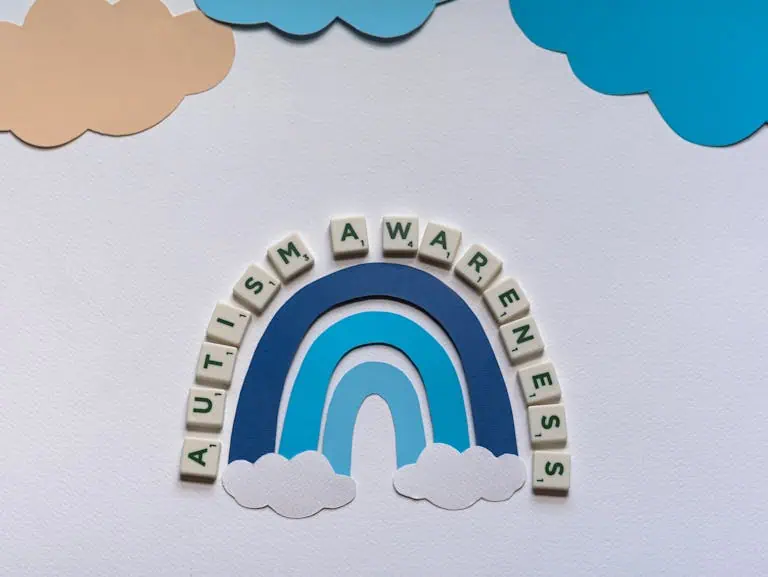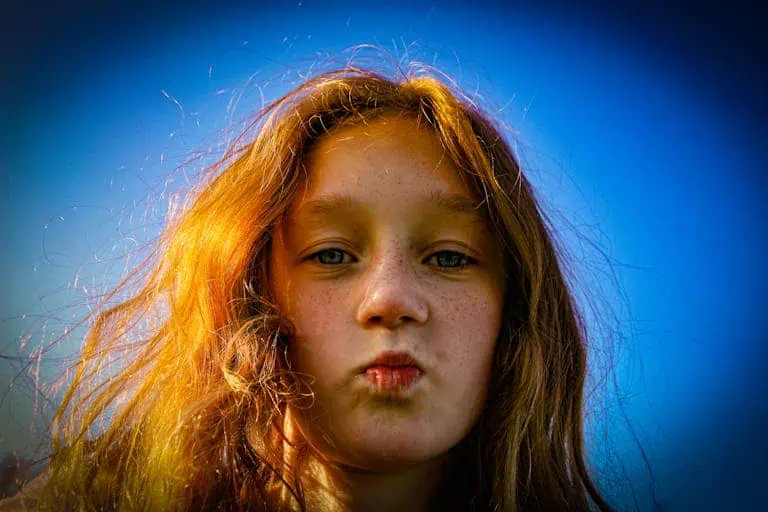Understanding Different Types of Autism Spectrum Disorders
Autism Spectrum Disorder (ASD) is a developmental disorder that affects how a person communicates, interacts with others, and experiences the world. People with autism may behave, communicate, and learn in ways that are different from most other people. Understanding the different types of autism is important to support and include those affected.
What is Autism Spectrum Disorder?
ASD is called a “spectrum” disorder because it includes a range of symptoms and abilities. Some people with ASD need a lot of help in their daily lives, while others need less. No two people with ASD are exactly alike, but they share some common challenges.
Types of Autism Spectrum Disorders
While the term “autism” is often used to describe the whole spectrum, there are specific types within it. Here are the main ones:
- Autistic Disorder (Classic Autism):
- This type is what most people think of when they hear the word “autism.” People with classic autism often have significant language delays, social and communication challenges, and unusual behaviors and interests. They might also have intellectual disabilities.
- Asperger Syndrome:
- Individuals with Asperger syndrome usually have milder symptoms compared to classic autism. They might have social challenges and unusual behaviors or interests, but they typically do not have significant language or intellectual disabilities. People with Asperger’s often have a strong interest in specific subjects and can become very knowledgeable about them.
- Pervasive Developmental Disorder-Not Otherwise Specified (PDD-NOS):
- Sometimes called “atypical autism,” PDD-NOS is diagnosed when a person has some, but not all, of the characteristics of autistic disorder or Asperger syndrome. People with PDD-NOS might have fewer or milder symptoms and may not fit neatly into the other categories.
- Childhood Disintegrative Disorder (CDD):
- This rare type of ASD involves normal development for at least the first two years of life, followed by a significant loss of skills in language, social function, and motor skills. This regression typically occurs between ages 2 and 4.
Common Traits and Challenges
People with ASD might:
- Struggle with social interactions, such as maintaining eye contact or understanding social cues.
- Have repetitive behaviors, like hand-flapping or rocking.
- Be highly focused on specific interests or activities.
- Have sensitivities to sensory input, like certain sounds, lights, or textures.
- Experience challenges in communication, including speaking or understanding language.
Supporting Individuals with Autism
Understanding and acceptance are crucial for supporting people with autism. Here are some ways to help:
- Education: Learn about autism and the specific needs of individuals.
- Communication: Use clear and straightforward language. Be patient and give them time to respond.
- Environment: Create sensory-friendly spaces by minimizing loud noises and bright lights.
- Inclusion: Encourage participation in activities and social groups, making accommodations as needed.
- Support: Provide access to therapies, such as speech, occupational, or behavioral therapy, which can help improve skills and independence.
Conclusion
Autism Spectrum Disorder is a complex condition that affects each person differently. By understanding the various types of ASD and recognizing the common challenges, we can better support and include individuals with autism in our communities. With empathy and knowledge, we can create a more inclusive world for everyone.
Improve Your Quality Of Life With An Autism Assessment
While autism presents many unique challenges, significant improvements are possible with the right support. An autism evaluation can lead to personalized care, better relationships, and an improved quality of life. To learn more about autism testing and assessment, schedule a free consultation call or contact us.








